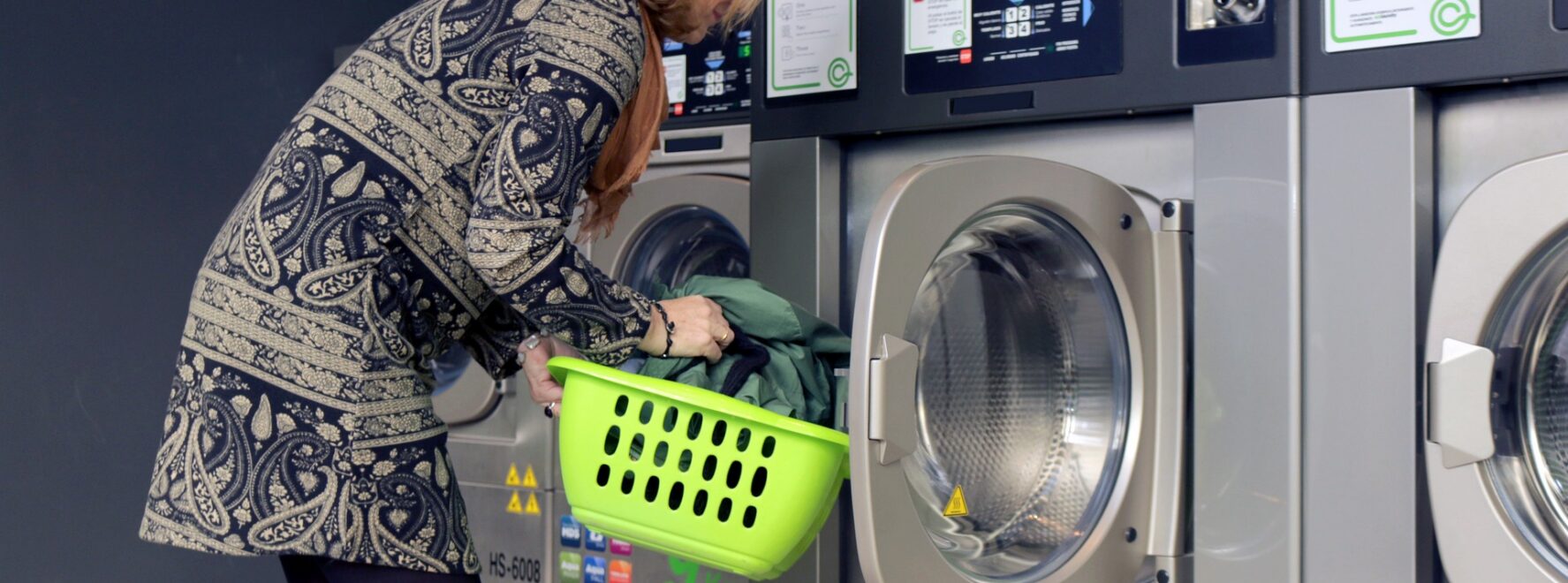If you’re keen to set up your own business, buying a franchise could be a good way to get started. Buying a franchise can be less risky than starting a business from scratch as you’ll be able to buy the rights to sell goods or services from a company that’s already established.
However, as with any business venture, there are also drawbacks to be aware of.
Find out how to buy and open a franchise, alongside the advantages and disadvantages here.
Advantages of buying a franchise
Some of the advantages of buying a franchise are outlined below:
- The franchise is based on a proven business model: This means you know the product or service already works which can increase your chances of success. A good franchisor should regularly research and update the business model.
- You might use a recognised brand name: This can make it easier to sell the product and you might benefit from any advertising carried out by the franchisor.
- You’re often given training: This can help you to get set up faster, while also learning essential skills.
- It can be easier to finance the business: If a business is already up and running, it can be much easier to borrow money to invest in your franchise.
- You will usually be given exclusive rights to the franchise: This means you’ll have a specified region or exclusive client base.
Disadvantages of buying a franchise
- Initial startup costs can be high: You’ll need to pay a fee to buy the franchise and there will be additional business costs to consider, including the premises, equipment, stock and so on. You might also have to pay towards advertising fees.
- Royalty fees will apply: You will also need to pay a continuing royalty on sales or a management fee. This might be a fixed amount or a percentage of the value of sales, or a mixture of the two.
- Less flexibility: You will need to run the business according to the franchise owner’s procedures, meaning there’s less opportunity for you to change parts of the business.
- You’re exposed to risks: These include the franchisor failing to fulfil its obligations, the franchisor going out of business or the franchisor being sold to a new owner who changes the way the business operates.
Steps to buying and opening a franchise
If you’re keen to proceed and open a franchise, you’ll need to do some thorough research and gather information from a range of resources. The steps below will help guide you:
Decide on the franchise
As a first step, you should think about the type of franchise you want to buy. Think about what you want to get out of running the business and how much money you would like to make from it. Then take a look at what’s out there.
When carrying out your research, it’s crucial that you understand how each business and the franchise works, including what locations are on offer, how many other franchises exist, the size of the available franchises, and how much competition there is.
Doing as much research as possible can help ensure you are making the best decision for you. You might find that you prefer the way some types of franchises operate compared to others, or that you would prefer to be based in one particular location over another. It might also work to your advantage to choose a franchise in a less popular industry rather than one that has a lot of competition.
Research the franchisor
Next, you need to research the background of the franchisor. Find out how long the business has been trading and how many Canadian franchisees they have. If they only have franchisees abroad, you’ll know the concept has not been well tested in Canada.
Find out the franchise cost
It’s crucial that you understand the full costs of running the franchise and what you’ll get for your investment. You’ll usually have an initial investment cost to cover the business set up and administration, as well as ongoing royalty payments. These payments finance the franchisors. Understanding these costs will help you to assess how much profit you can make from the business. You should also check if you need to pay fees for ongoing marketing and brand advertising.
Evaluate the franchise
Your franchisor should provide you with an information pack, but make sure it answers all the questions you have. Establish how long the franchise agreement will run (typically five or 10 years) and check whether you have the option to renew the franchise after this time. You also want to find out if you have exclusive rights in your area for the full term of the franchise, as well as whether there are legalities around how much you can price products or services. In addition, make sure you understand what would happen if you wanted to sell the business or were unable to continue for some reason.
Finalise support with a franchisor
Another important step is to find out exactly how much support you will be given in setting up the business. Levels of support can vary massively, with some franchisors offering very little support and others offering ongoing assistance during the time you run the business.
Check what training you will receive and whether you’ll get advice on premises and the equipment you need, as well as legal and marketing support. You also want to find out whether you’ll get help with holiday cover when you’re away, or ongoing assistance on how you can make your business more profitable.
Contact other franchisees
Try to find franchise owners who are happy to speak to you about their experiences. They should be able to talk about the benefits of running your own franchise, as well as highlight the challenges you might come up against. Learning about these experiences can help you decide if it’s the right choice for you and help you better understand the risks involved.
Decide on the location
Even if a franchise is successful in one location, you need to make sure it will be just as successful elsewhere. You therefore need to do some additional market research in your proposed location, looking at the likely customer base, the competition and the long-term prospects.
Confirm funding
Setting up a franchise often doesn’t come cheap, so you’ll need to think carefully about how you want to fund it. Find out whether the franchisor can provide financial assistance as this can be an easier option than borrowing from the bank. Your franchisor might offer you finance to cover the cost of equipment or the franchise fee, but it’s unlikely they will cover the total investment. Alternatively, you might want to approach a high street bank or online lender.
Finalise business plan
A solid business plan can make a big difference when you’re looking for funding. That’s because it can show banks and other lenders how viable your business is and how you plan to build your franchise.
Make sure you include financial projections, your business experience and background. You should also analyse competitors and outline how you will stand out from the crowd, as well as show that you fully understand how the business will operate.
How to fund your franchise
As mentioned, your franchisor might offer you finance to help you cover the cost of certain elements of setting up your franchise. But another option is to take out a business loan from a bank or other financial provider. If you want to go down this route, your franchisor might be able to guide you through the process of applying for finance. If not, you’ll need to compare business loans yourself to find one that will offer the funds you need and at the best interest rate. Make sure you check eligibility criteria carefully.
Having a solid business plan can increase your chances of getting accepted for a business loan, but it’s also important to check your credit rating. That’s because you’re more likely to get accepted if you have a good personal credit rating and you’re more likely to secure the best interest rates too.
Keep in mind that a bank is only likely to fund between 50% and 70% of your total set up costs. So you might need to find further funding to help you with additional costs, whether that’s through an overdraft or using asset finance to help you buy equipment.
Get started with Swoop
It’s sensible to seek professional advice before applying for franchise finance. This can help you get a better idea of how much you can realistically afford to borrow and you can also get help with the application process.
At Swoop we offer independent business loan comparison tables so you can easily compare which business loan will work for you. You’ll be able to compare interest rates, fees and term lengths to ensure you find the right loan for your circumstances.
Register with Swoop to find the best financing option for you and let us guide you through the application process.








 yet? Register here!
yet? Register here!